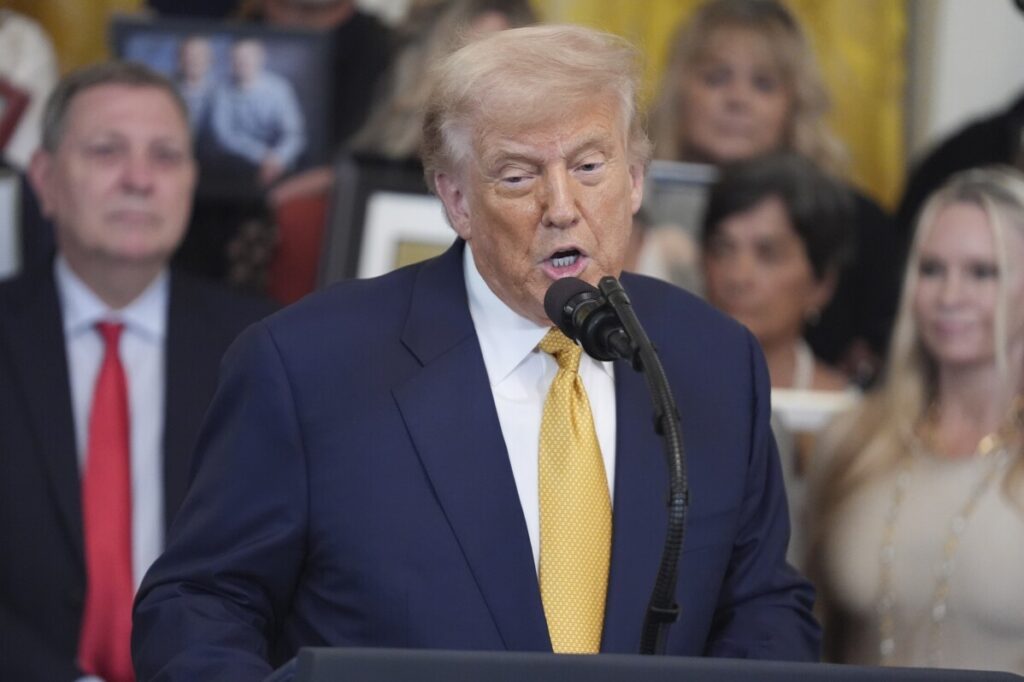Trump’s Scottish Golf Diplomacy: Strategic Posturing or Genuine US-UK Alliance Advancement?
As President Trump convenes with UK Prime Minister Starmer at his Scottish golf properties, questions arise whether this spectacle serves substantive America First interests or masks unresolved trade and security challenges.

President Donald Trump’s penchant for blending business with diplomacy is on full display as he hosts British Prime Minister Keir Starmer at his family-owned golf course in Scotland. His claim that these properties “further” US-UK relations invites scrutiny under an America First lens: does a round of golf and photo ops truly advance national sovereignty and economic strength, or merely offer a glossy distraction from complex policy failures?
Are Trade Deals on the Tee or Just Playing Around?
Since taking office, Trump has wielded tariffs as a blunt instrument to rebalance decades-long trade deficits, prioritizing American manufacturing and workers. The recent agreements signed during the G7—reducing certain tariffs on UK aerospace and auto industries while expanding U.S. beef exports—might sound promising. Yet, significant hurdles like steel tariffs remain unresolved, indicating that real economic reciprocity is still elusive.
Starmer’s strategic attempts to charm Trump with flattering visits and cooperative frameworks stand in contrast to the harder stance China initially took against U.S. tariff threats. But soft diplomacy cannot replace firm action when national sovereignty is on the line.
Global Crises Demand More Than Golf Conversations
The meeting’s agenda includes urgent security topics: Israel’s conflict with Hamas and Russia’s war in Ukraine. While collaboration with allies is necessary, relying heavily on optics around golf courses risks trivializing grave international threats that directly affect American global leadership and homeland security.
What will come from these talks beyond announcements? The world watches to see if Washington will leverage its influence decisively, not just ceremonially.
Protests near Trump’s courses underscore domestic divisions over his approach and underline skepticism toward mixing personal commercial interests with statecraft.
Ultimately, an America First perspective demands that policies—not photo ops—drive progress. How long will Washington allow superficial meetings overshadow pressing trade negotiations and national security imperatives?
